
The scope of the transitional policy on the import of trans-border e-commerce retailers has expanded beyond Tianjin, Shanghai and 8 other cities. The Ministry of Commerce spokesman Gao Feng said yesterday at a regular news conference that starting from January 1, 2018, the scope of the transitional policy will be extended to Hefei, Chengdu, Dalian, Qingdao and Suzhou.
On April 8, 2016, the policy on cross-border e-commerce retailer import formulated by 11 departments including the Ministry of Finance and the National Development and Reform Commission (NDRC) were put into effect. The policy changed post tax to consolidated tax and adopted general trade supervision mode on imported goods. However, more than a month later, relevant authorities called for a one-year transitional period for the new regulatory requirements on cross-border e-commerce retailer import. In November 2016, the transitional period will be further extended to the end of 2017.
The executive meeting of the State Council held on September 20 decided to extend the transitional period for cross-border e-commerce retail imports for a year to the end of 2018. That means it will continue personal belongings management on cross-border e-commerce retailer imported goods in Tianjin, Hangzou, Ningbo, Zhengzhou, Guangzhou, Shenzhen, Chongqing, Fuzhou and Pingtan.
The Ministry of Commerce said that the transitional policy will be extended to five cities, including Hefei, Chengdu, Dalian, Qingdao and Suzhou, starting next year.
Among above 15 cities, Fuzhou and Pingtan are pilot cities for bonded imports of cross-border trade. And the other 13 cities are all pilot areas for cross-border e-commerce.
Zhang Li, director of the Institute of Electronic Commerce at the Ministry of Commerce, said in an interview with the Shanghai Securities News that at present, China encourages imports, and cross-border e-commerce is an important way to expand imports. Relevant authorities will increase the number of pilot cities in the cross-border e-commerce comprehensive pilot zone in the future. The scope of the policy for the transitional period of cross-border e-commerce retail import supervision may also continue to expand.
In addition, Gao Feng revealed that the Ministry of Commerce is working hard to develop a cross-border e-commerce retail import regulatory program to help businesses transit smoothly.
Zhang Li said that recently, some regulatory policies on cross-border e-commerce retail import have been implemented. However, policies, such as the filing and list of catalogs of cosmetics, milk powder and other products that are much concerned, may be adjusted according to the characteristics of cross-border e-commerce and actual needs of enterprises.
(Translated by Coral Zhong)
















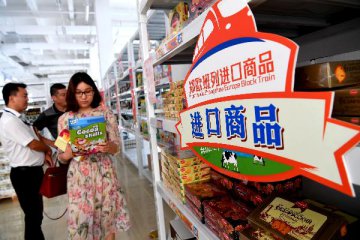

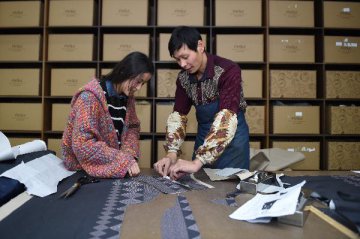
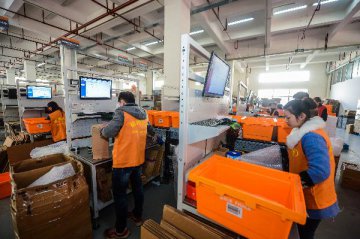
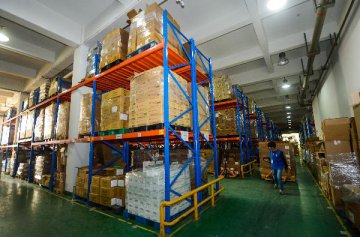
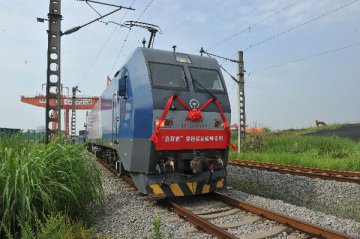


Latest comments